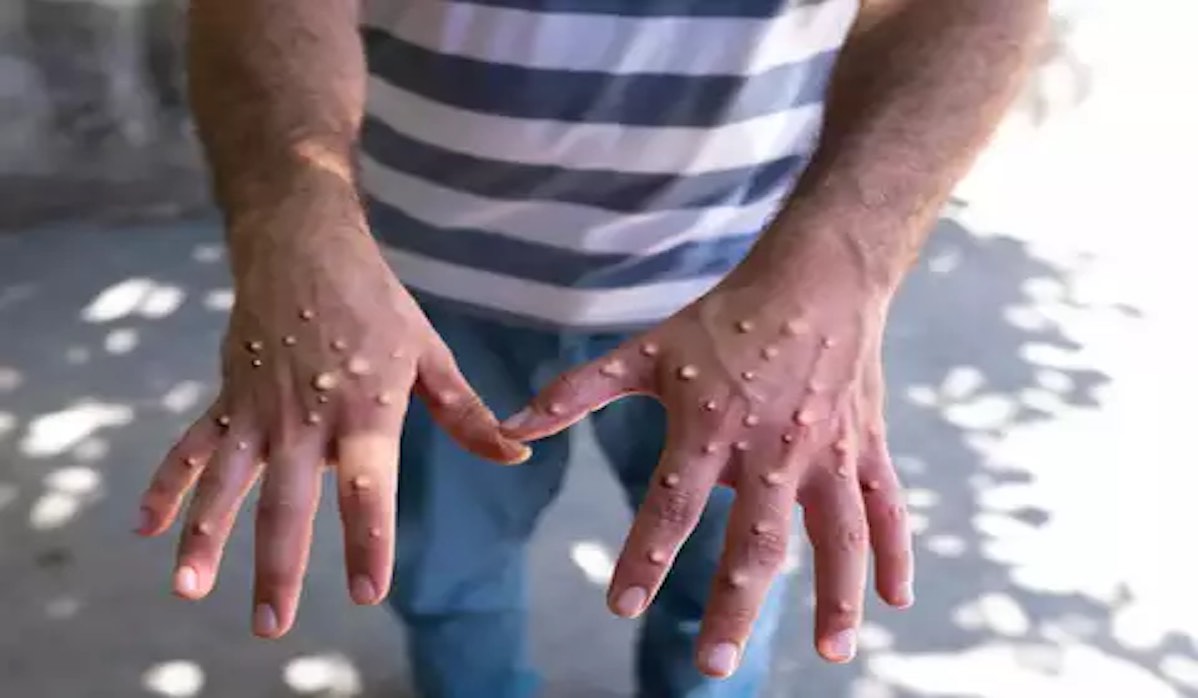Tarun Karthick
Sri Vijaya Puram, 04 October 2024
India has recently seen a surge in Mpox (Monkeypox) cases, with the tally reaching 33 this week. Health authorities are emphasising the need for increased awareness and preventive measures as the country faces a growing threat from the zoonotic viral disease. Mpox, while less severe than Smallpox, presents similar symptoms and can be especially dangerous for children or individuals with compromised health.
Mpox primarily spreads through close, prolonged contact with an infected person, especially via body fluids, skin lesions, or contaminated items such as clothing and linens. It can also spread through respiratory droplets, making it a concern for people living or working closely together.
Symptoms and Incubation Period:
After exposure, the virus typically incubates for 6 to 13 days, though this period can extend between 5 and 21 days. During the incubation period, individuals will not show any symptoms. However, once symptoms manifest, they can include fever, headaches, muscle pain, sore throat, chills, a dry cough, and swelling of lymph nodes in different parts of the body. A characteristic skin rash then appears, which progresses through four stages: macular (flat lesions), papular (raised lesions), vesicular (fluid-filled blisters), and pustular (pus-filled lesions).
The skin rash can last for 2 to 4 weeks, gradually subsiding as scabs form and fall off. Infected individuals remain contagious from two days before the onset of symptoms until the final scab has healed. Given the prolonged period of infectiousness, health experts are stressing the importance of early detection and isolation.
Prevention Tips:
To curb the spread of Mpox, health officials are urging the public to take precautions, especially in areas where cases have been reported. Some key prevention steps include:
– Avoid contact with items like bedding or clothing that may have come into contact with infected individuals.
– Isolate infected individuals to prevent the virus from spreading to others.
– Practice proper hand hygiene by washing hands with soap and water or using alcohol-based sanitisers, particularly after contact with infected animals or people.
– Wear appropriate personal protective equipment (PPE) when caring for patients.
– Dispose of contaminated waste, such as dressings, according to Biomedical Waste Management guidelines for infectious waste.
Public Vigilance and Misinformation:
Authorities have called on the public to remain vigilant and avoid spreading misinformation or panic about the disease. Individuals who suspect that someone in their locality may be infected are encouraged to report it immediately by calling 03192-232102 to ensure timely medical assistance.
While the number of cases is currently low, swift action and adherence to preventive measures are essential to prevent further spread. Health officials continue to monitor the situation closely and are urging people to follow guidance and stay informed.

